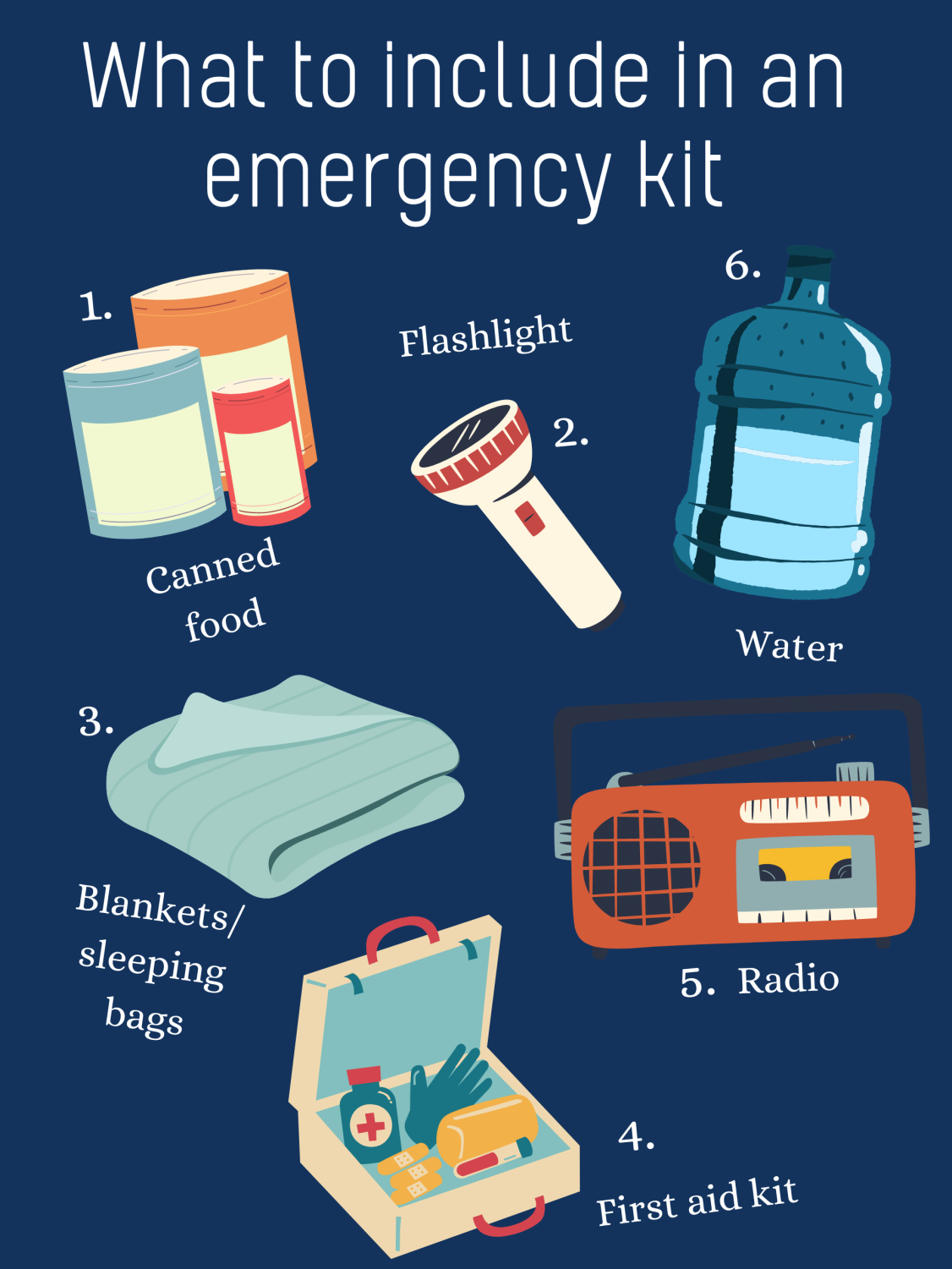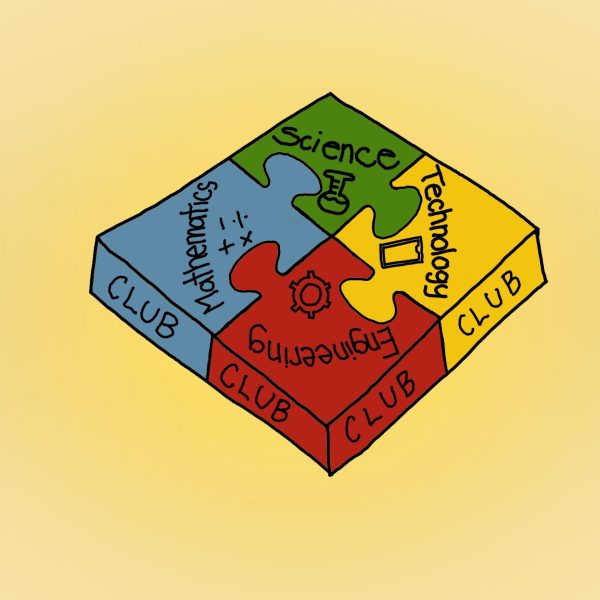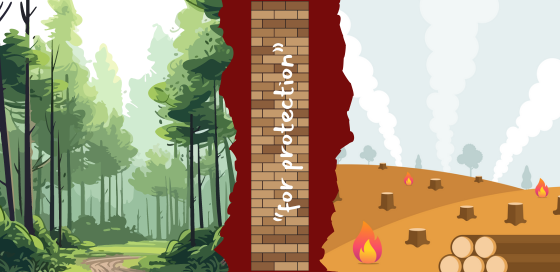A groundbreaking lesson to learn from
Destructive earthquake in Turkey and Syria serves as dire warning for California communities
Destruction, death and despair. The devastating earthquake in Turkey and Syria has been dominating headlines all over the world. The decimation caused by this magnitude 7.8 on the Richter scale earthquake serves as a distressing reminder of the necessity of earthquake preparedness.

This disaster is especially relevant to our community and hits close to home, as California has an incredibly high risk of earthquakes. Californians have experienced severe loss from previous earthquakes, such as the 3,000 dead from the great 1906 San Francisco earthquake and the $40 billion cost of property destruction in the 1994 Northridge earthquake, according to the California Department of Conservation.
The earthquake in Turkey and Syria has a combined death toll of nearly 60,000 people, according to AP News. In Turkey, many of these casualties were caused by both the country’s unpreparedness for such an event and their slow, inefficient response to the earthquake.
Specifically, Turkish president Recep Tayyip Erdogan has been facing backlash from the Turkish people for his approval and encouragement of unsafe zoning laws, which amplified the disastrous effects of the earthquake. The government granted zoning amnesties to contractors, allowing them to build housing more quickly by skipping safety measures, leaving the buildings more vulnerable to damage and collapse, according to NPR.
During the earthquake, people became trapped under these collapsed buildings and lost their lives. Many of these deaths were entirely preventable with safer zoning laws and stricter regulations. Though it may seem small, the shortcuts taken by the Turkish government had an incredibly steep cost: the lives of thousands of innocent civilians.
The State of California Building Code is a minimum requirement intended to protect residents and prevent collapse of a building during an earthquake, according to the State of California. However, this code is not always properly enforced, especially in older buildings. This leaves neighborhoods vulnerable to greater destruction during an earthquake or other disaster.
Another vital aspect to earthquake preparedness is efficiency during the aftermath of the disaster. Due to their unpreparedness, Turkey government response and aid was incredibly delayed and ineffective. In the hours following the catastrophe, there were no military forces sent to affected areas, leaving people to fend for themselves.
In certain areas, there were minimal professional rescue teams or equipment from the government in the first two and a half days following the quake, according to Time. In our state, we must ensure our emergency response teams are more efficient in the case of an emergency in order to prevent these tragic losses.
Though easy to brush off these troubles as worries for someone else, the risk of an earthquake is incredibly prevalent in our community. There is a 99% chance of 1 or more M6.7 or greater earthquakes striking California in the next 30 years, according to the California Earthquake Authority.
We must ensure that our government is prepared for emergencies such as this, by lobbying for greater earthquake preparedness policies, such as stricter enforcement of building codes. We can also be better prepared for disasters as individuals. Preparing earthquake emergency kits, which contain food, first aid and methods of communication, and being informed of earthquake risks are ways members of a community can prepare themselves for the likely possibility of an earthquake, according to the CEA.
By taking these measures of precaution, we will increase our chances of survival and recovery from a disaster. We may not be able to change the tragedy that occurred in Turkey, but with better precautions, we can ensure the safety of more people in our community.
Zeinab is a senior and is super excited to be one of the Lifestyles editorw in her third year with The Epitaph. In her free time, she enjoys baking, reading...








![Junior Shiva Chitta said his friends and family encouraged him to attend prom, despite initially intending not to.
“My mom told me to go and ‘have a slice of [my] life,’” Chitta said. “Im sure there are prom [events] in colleges…but we have to go [to junior and senior prom.]”](https://hhsepitaph.com/wp-content/uploads/2024/06/PromG2024_1-600x400.jpg)






